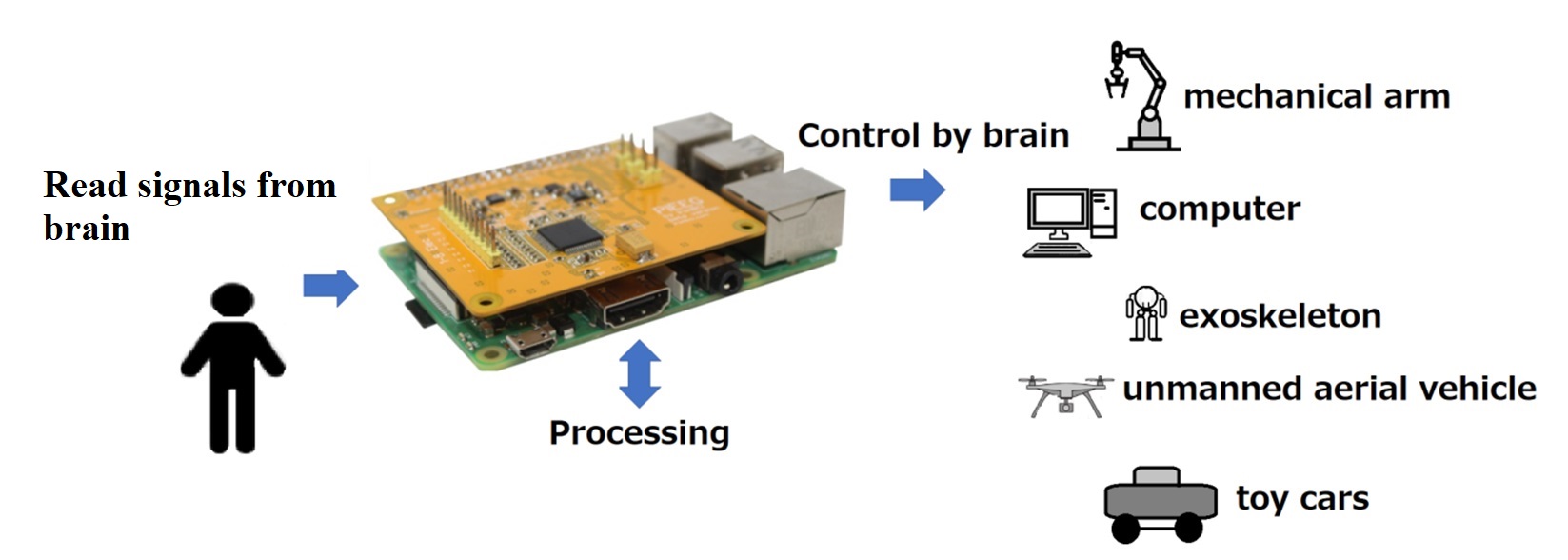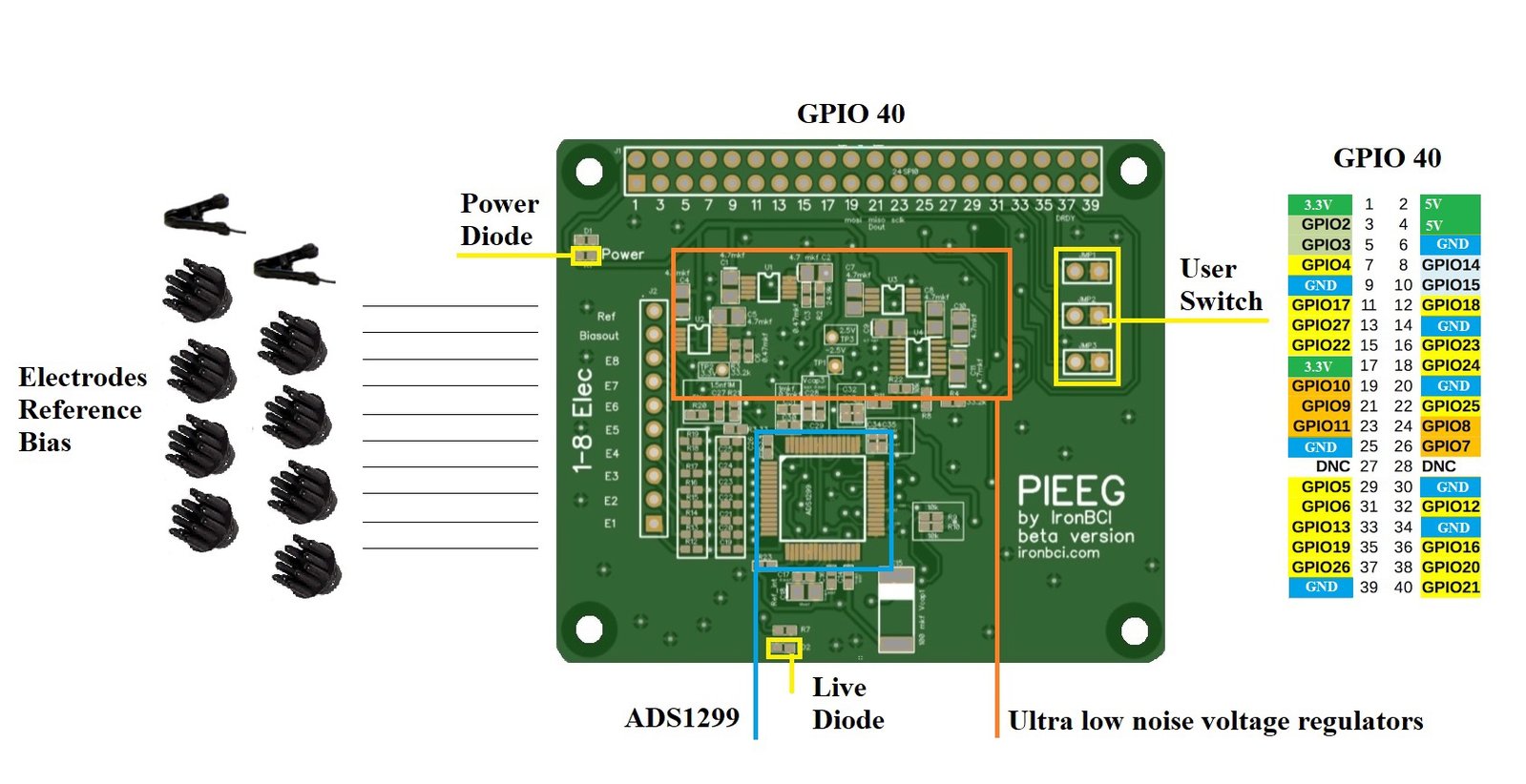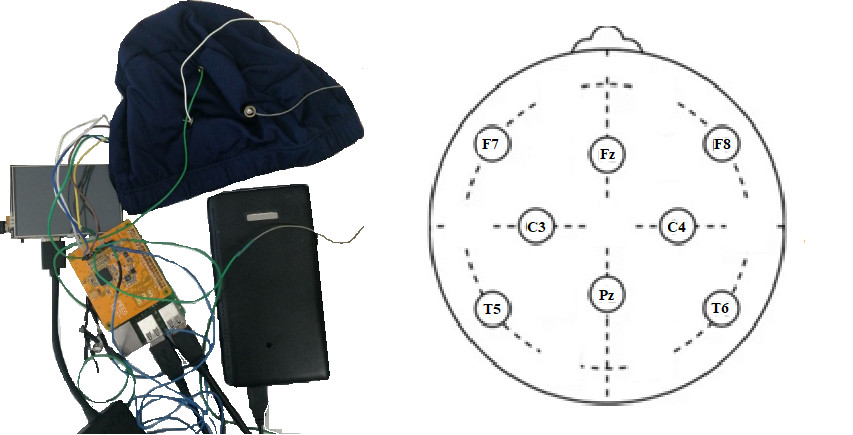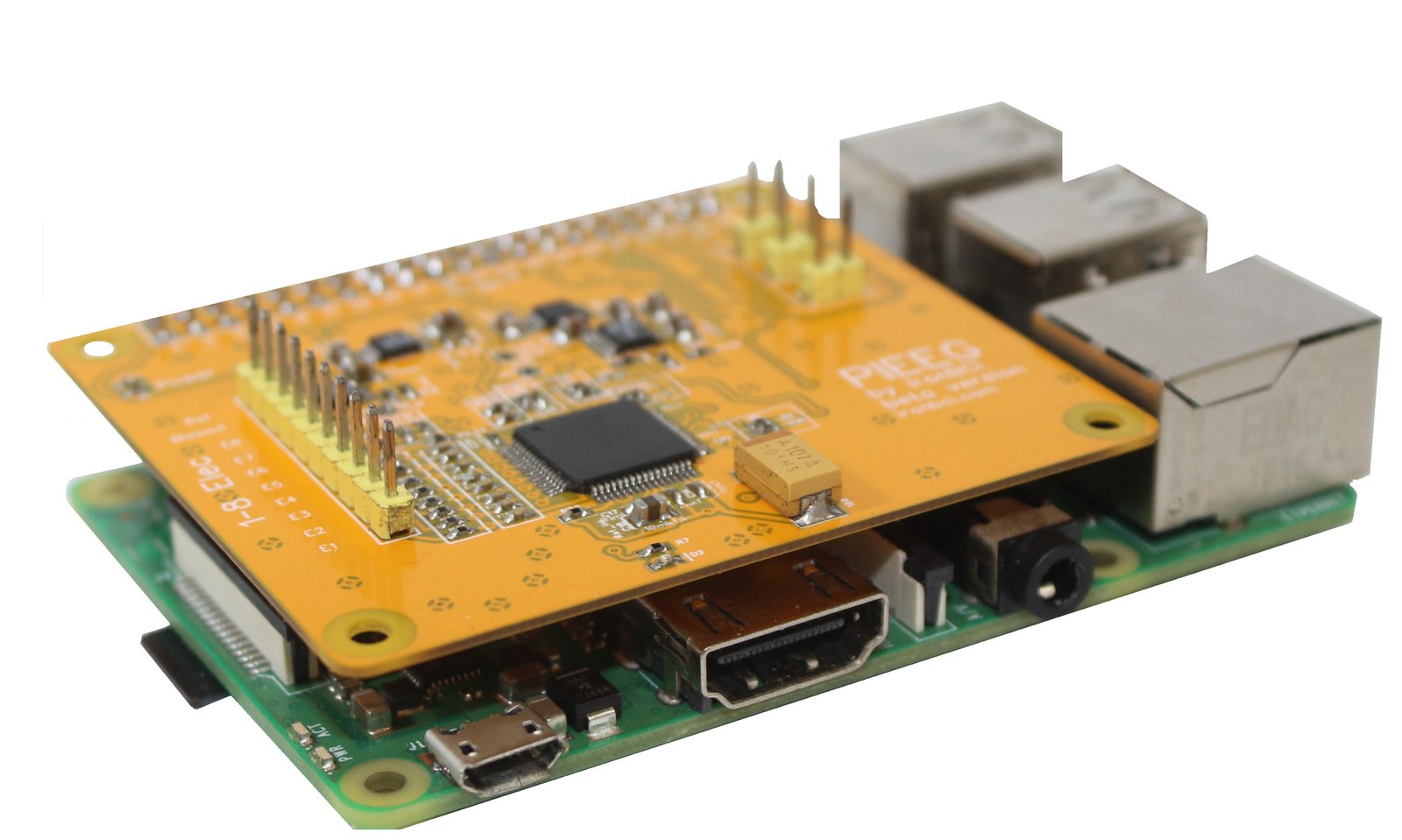Control A Raspberry Pi With Your Mind and PiEEG
Blink to control the robot rodent
Get Tom's Hardware's best news and in-depth reviews, straight to your inbox.
You are now subscribed
Your newsletter sign-up was successful
When we think of inputs, we traditionally think of the best keyboards and mice. But what if our brain could become the input? PiEEG starts from $250 and is a Brain-Computer-Interface (BCI) Raspberry Pi HAT from Ildar Rakhmatulin which uses measurable biosignals as a means of control.




The measurable bio signals are the same as used in electroencephalography (EEG), electromyography (EMG), and electrocardiography (ECG). The signals are detected using electrodes that are connected to a cap worn by the user. The signals are processed on the Raspberry Pi and, using a Python script, the signals can be visualized and used to control projects such as robots and drones. We asked creator Ildar Rakhmatulin to explain why they made the project:
"Many years ago I decided to try to make some experience with neuroscience, I wanted to control a robot via mind, but I didn't find any low-cost and open-source brain-computer interface (BCI), for this reason, I made BCI."
This initial project was hit by the chip shortage, which saw the cost rise from $350 to $1000. This prompted Rakhmatulin to continue their research using the Raspberry Pi as the processing base.
PiEEG uses the HAT standard, introduced in 2014, along with the Raspberry Pi B+. The 40-pin GPIO connection uses an SPI connection between the Raspberry Pi and an ADS1299 analog-to-digital converter and can measure up to 250 samples per second, and per channel. It is then just a case of learning to control your biosignals and use them as events to control aspects of the project. Rakhmatulin demonstrates how to control a robot by blinking using PiEEG. The robot in question is a toy rat, but it could also be an expensive robot arm or even a drone.
PiEEG is currently raising support via Crowd Supply, and at the time of writing it has raised $9,100, smashing its $4,000 goal. For $250 you can a 4-channel model or, for $350, 8 channels. Remember that crowdfunding a project is not a guarantee of receiving a finished product. Backing a crowdfunded project is akin to an investment; you believe in the project and want it to succeed. You are not purchasing a retail product.
Get Tom's Hardware's best news and in-depth reviews, straight to your inbox.

Les Pounder is an associate editor at Tom's Hardware. He is a creative technologist and for seven years has created projects to educate and inspire minds both young and old. He has worked with the Raspberry Pi Foundation to write and deliver their teacher training program "Picademy".
